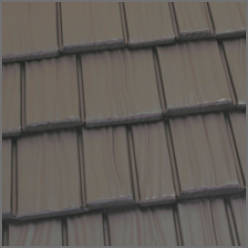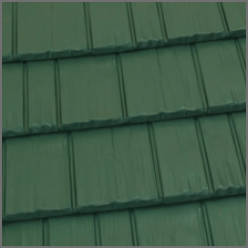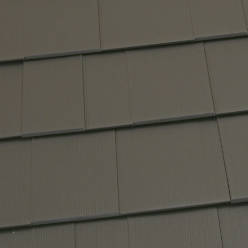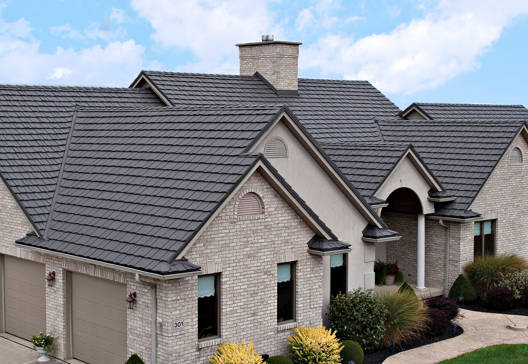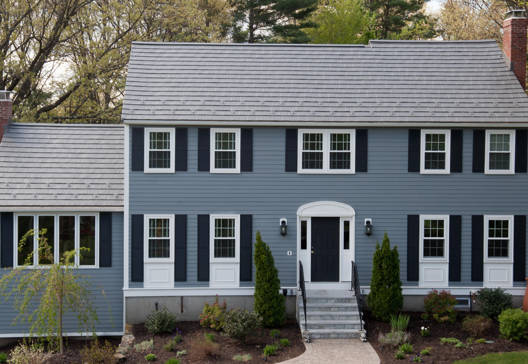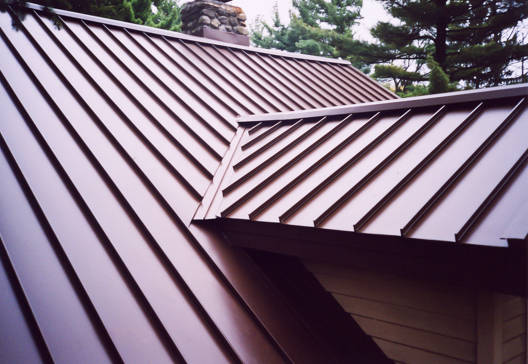December 28, 2017 | Filed under: Buying a New Roof,Research
Sometimes just deciding on the what is difficult. When it comes to roofing, the “how” is just as important. Who will install your new roof?
Low unemployment rates. Help wanted signs just about everywhere you go. Things are going pretty well in many respects on the nation’s job scene these days. However, there is one thing looming that will have a serious impact on you when you re-roof your home: the shortage of skilled trades professionals.
It is the lucky and rare contractor who will tell you that they do not struggle with recruiting and retaining skilled workers. And perhaps that’s also the contractor that no one chooses to do business with.
Skilled Trades: Construction
Most contractors currently face major difficulty in hiring workers for skilled trades such as roofing installation. In fact, most of them will tell you that the availability of labor is the sole chokepoint holding back the growth of their business. This can impact you as a consumer in several ways. Please read on to learn more about this issue; it can affect most building and home improvement contractors and projects.
The Reality
In a recent study co-sponsored by the US Chamber of Commerce, two-thirds of surveyed contractors expected to seek new employees over the next six months. But, 95% of those anticipated a moderate to difficult time filling their needs. Most contractors reported the lack of adequate skill among workers as being of high concern. Many of them also were very vocal that they expect the situation to worsen in coming months and years.
There are, of course, many reasons for the shortage but the primary is just simply a reduced interest amongst younger workers in pursuing professions in skilled labor. For most workers, there are plenty of other opportunities that do not require working outside in often hazardous situations.
As we look at the amount of construction work to be done in coming years for re-building efforts in Texas, Louisiana, California, and the Caribbean, we know that the lack of skilled trades is not going to turn around quickly, and perhaps will never go away. Even now, skilled labor from our area is being recruited to work in these storms and weather-ravaged communities. This concerns us greatly.
Impact on You
As a consumer, the lack of skilled labor can impact you in several ways:
- It can be difficult to find a contractor, and you may have to wait several weeks or months to begin your project.The labor shortage is increasing the cost of labor, and this is making construction projects cost more. While 30 years ago, most construction contracts were comprised of a cost that was about 25-30% direct labor, those costs can be 40-50% of the total price today, driving up prices.
- A roofing project that is extremely difficult will be affected more by the labor shortage than that of a simple roof. Difficult jobs take longer, meaning higher costs for homeowners. Additionally, you may have to wait longer for a crew of the appropriate skill level.
- If you choose a short-term roofing material, such as asphalt, and have to replace your roof again in the future, you will likely find even more increase in the cost of labor later.
You really need to be on your toes to ensure the quality and skill level of the crew that will be working on your home. The skilled labor shortage often means there will be workers showing up on the job site with little or no experience. In very unfortunate situations, you may see some workers start your job and, due to turnover, entirely different workers complete the job.
While this is not necessarily a problem, one of the results of the skilled labor shortage is that we see a trend toward sub-contract roofing installation crews and away from company-employed crews. This is being driven in part by the fact that the labor shortage is making it easier for workers to strike out on their own and command higher wages on the open market rather than be employees captive to one company.
Additionally, sub-contract crews in most cases do not have to go through the same level of background checks, verifications, and drug screens that employed crew members may have to go through. This can sometimes allow sub-contract crews to avoid things that may affect their ability to be hired as an employee by many companies.
When a contractor hires a sub-contract crew, they may shift some or even all of the burden for insurances, licensing, and workers’ comp to that independent crew. For a consumer, this may require you to do a bit more homework to know about the workers who will be at your home.
What We’re Doing
Classic Metal Roofing Systems of KY employs the very finest, factory-trained, metal roofing crews in the business. Our unique liaison and access to the manufacturer, years of experience, and state-of-the-art metal roofing installation practices ensure that your new roof is installed in a timely, proven manner. And warranted for a lifetime.
- We now offer optional Speed Trims with several of our products to reduce roof installation time and also reduce the required skill level for some parts of the roof installation process.
- We offer a grassroots recruitment program, working hard to increase interest in metal roof installation by blanketing the country with informative postcards directing potential workers to the website. We are also utilizing social media for these efforts. Our Classic Metal Roofing Systems’ Metal Roof Installer website explains the training and career opportunities available to new industry members. Do you know of someone who is looking for a new opportunity?
- We offer training classes at our factory training as well as job site training, always seeking to increase the skill levels of our team members.
Please feel free to contact us whenever we might be of service to you., We stand committed to our industry. While the skilled labor challenge is difficult, we know that metal roofing is a great way for homeowners to “do it once, do it right” and not have to worry about the shortage of roofing installers in the future.
